
Bilingualism and Dementia: How a Second Language Protects Against Cognitive Aging
People who are fluent in two or more languages are less susceptible to age-related mental disorders. They more quickly process information and make decisions, have better memories, and can even better identify emotions. Scientists from various countries discussed the influence of a second language on the processes of cognitive aging at the international symposium ‘Bilingualism: Proper Learning, Effective Communication, and Pleasant Old Age’ hosted by HSE University.
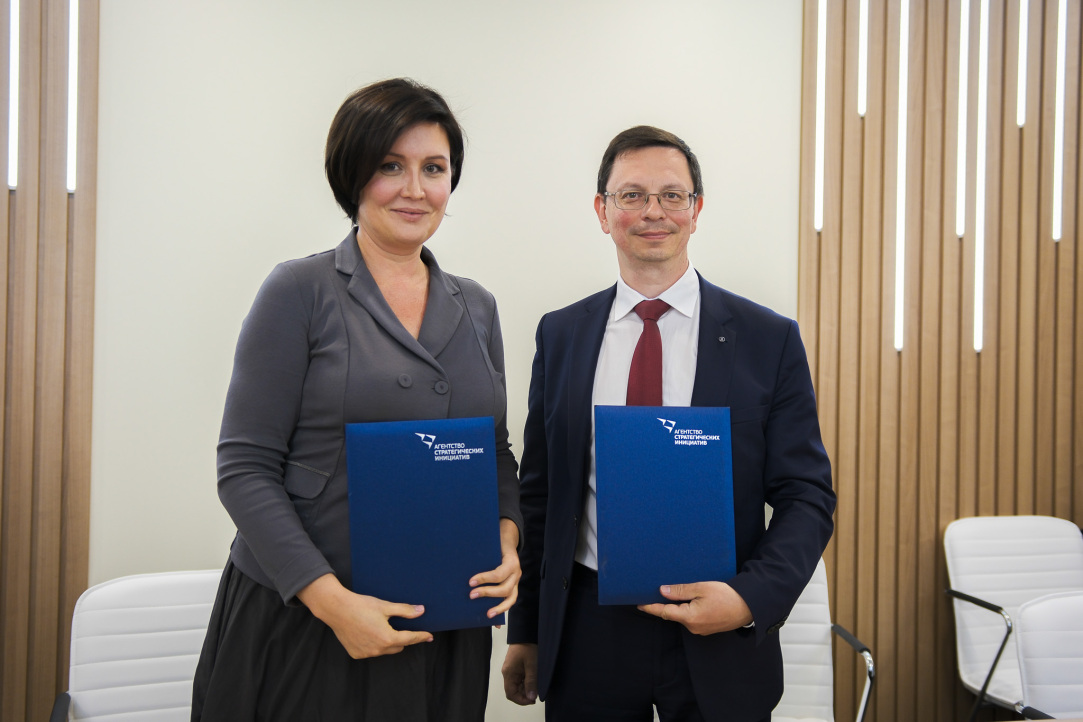
HSE University and Agency for Strategic Initiatives Sign Cooperation Agreement
HSE University and the Agency for Strategic Initiatives (ASI) have agreed to cooperate in the development of new technologies, the digital transformation of the economy, and the social development of the country. The agreement was signed by HSE University Rector Nikita Anisimov and ASI Director General Svetlana Chupsheva at the St Petersburg International Economic Forum.

HSE Researchers Undertake Unique Scientific Expedition to West Africa
Researchers from the HSE Faculty of Social Sciences will study social processes in African countries, the issues and features of the continent’s demographic development, and problems related to the causes of separatism and decentralisation in particular African states during a multi-day scientific expedition that will be launched in June 2023.
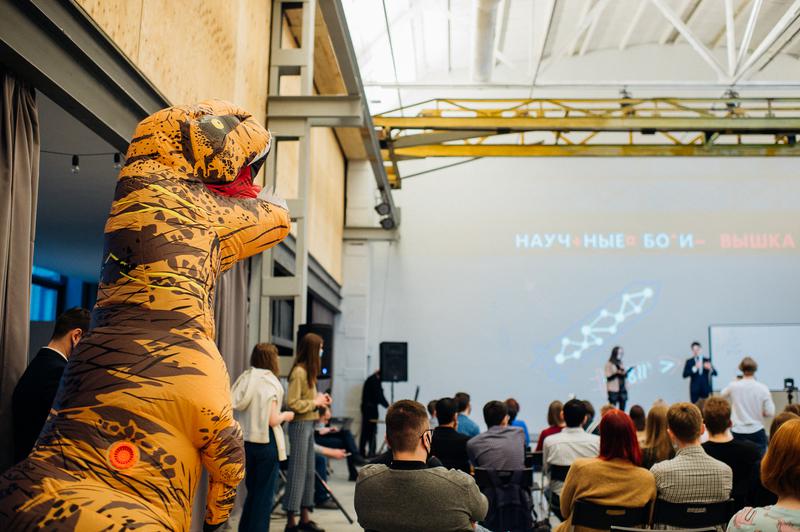
From Ingenious Fungi to Post-feminism: HSE University Hosts Season’s Last Science Battles Semi-Final
Season VI of Science Battles at HSE University is entering the homestretch. The June semi-final determined the list of finalists and helped many viewers choose their favourites. This time, young researchers decided to figure out how to conduct a police lineup without destroying a person’s life, as well as how to improve a child’s academic performance without instilling neurotic perfectionism. They also found out that fungi and mould help heal scars and save the environment, and that adherents of post-feminism have very mixed feelings about their own images on TikTok.
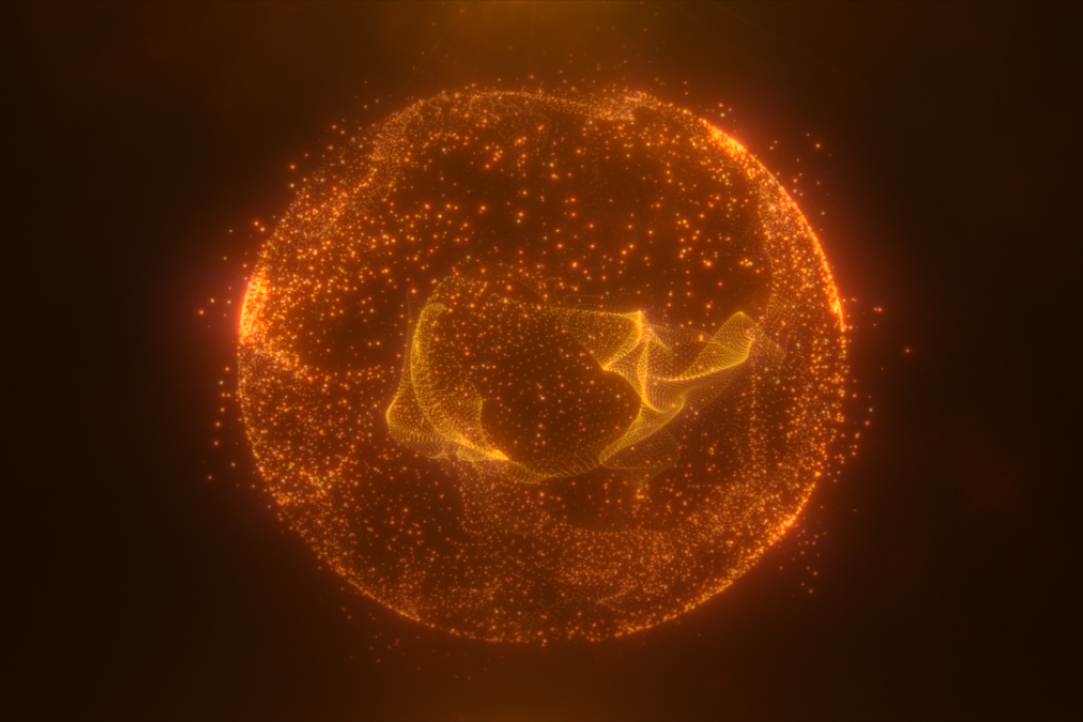
Russian Physicists Developed the Fastest Algorithm for the Simulation Motion of Microparticles in a Plasma Flow
Physicists from the Joint Institute for High Temperatures of RAS, HSE University, and Moscow Institute of Physics and Technologies have developed the first open-source GPU-based code for the simulation of microparticles motion in a plasma flow. OpenDust is optimised for graphics accelerators, that allows it to calculate the forces acting on microparticles significantly faster than existing alternatives. A paper with the findings has been published in Computer Physics Communications.
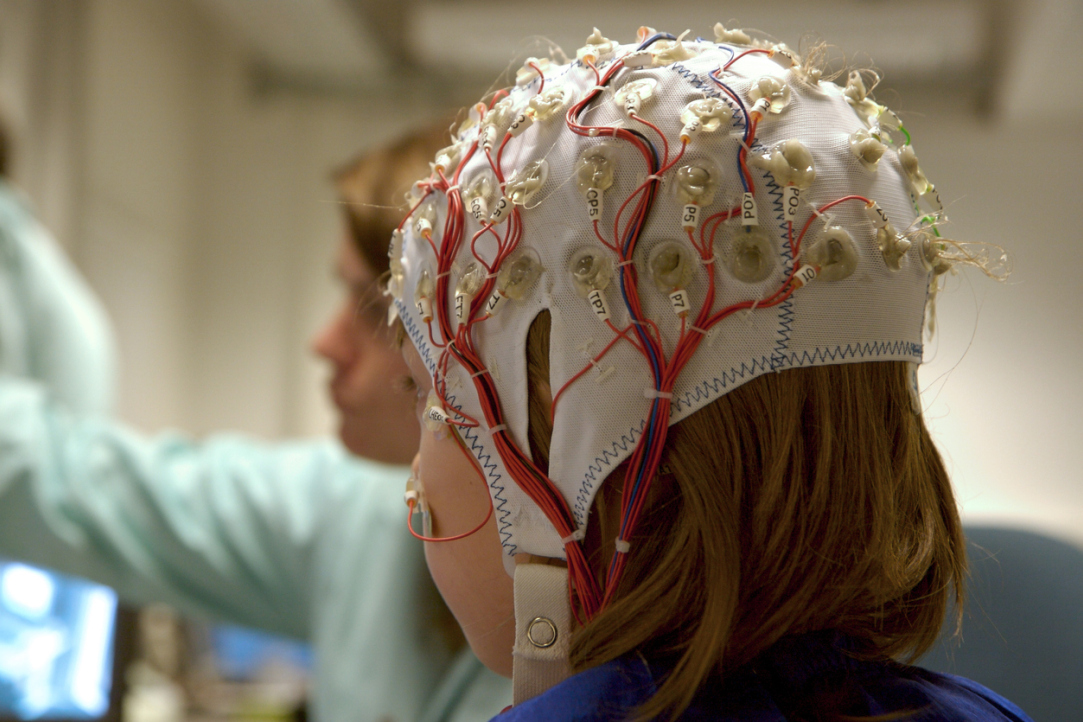
Study Discovers Slower Response to Words Associated with Hand Movement in Children with Upper Limb Arthrogryposis
A team made up of HSE researchers and paediatricians of the Turner Research Institute for Children’s Orthopedics have compared the cognitive functions of children with and without arthrogryposis. The experiment revealed that children with arthrogryposis exhibit a slight delay of a few milliseconds in their brain responses to words associated with hand movements. The researchers suggest that this discovery be taken into consideration when teaching children with motor impairments and developing diagnostic tools. The paper has been published in Clinical Neurophysiology.
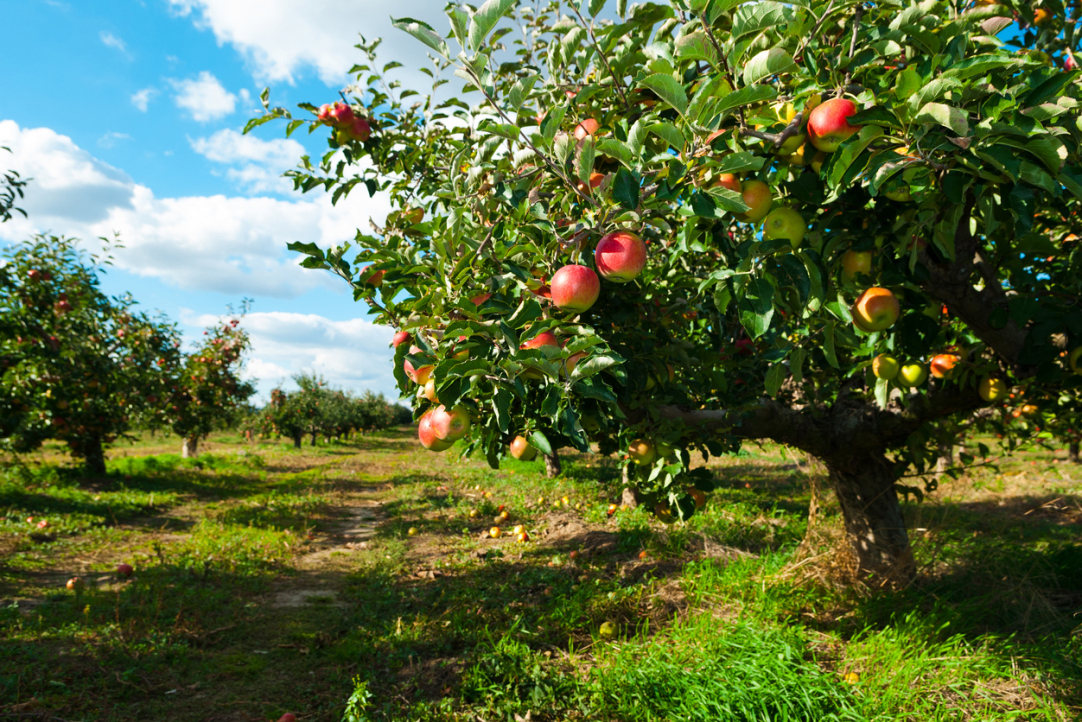
Researchers at HSE Mirror Lab Create Robot Gardener
Researchers from HSE University and Tambov State Technical University (TSTU) have developed intelligent robotic systems for the monitoring and quality control of fruits and vegetables. The system allows gardeners to carry out agrotechnical and protective activity, ensuring the highest possible quality of the crop.

Reading Comprehension Not Worsened by Noise, Study Finds
Researchers of the HSE Centre for Language and Brain have investigated the impact of both auditory and visual noise on semantic processing during reading to determine if it results in a more superficial reading style that emphasises the meanings of individual words over connections between them in a sentence. It appears that noise does not affect reading comprehension but can cause a decrease in reading speed when even unintelligible conversations are occurring nearby. However, when exposed to visual noise, individuals tend to read slightly faster, possibly due to the irritating nature of the noise. The study findings have been published in PLOS ONE.
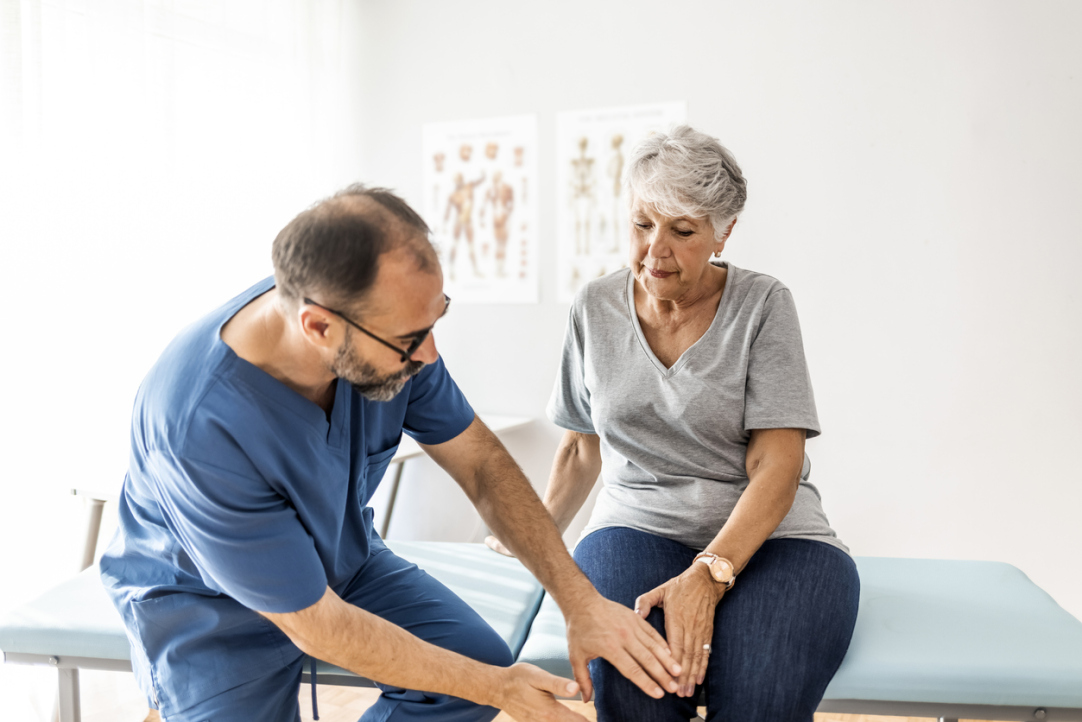
Russian Researchers Discover New Approach to Combatting Osteoarthritis
A team of researchers from HSE University, the Russian Academy of Sciences Zelinsky Institute of Organic Chemistry, and Molecular Technologies, LLC have jointly proposed a new treatment for osteoarthritis. This is currently the first disease-modifying osteoarthritis drug to act simultaneously on bone and cartilage tissue metabolism and on inflammation. The study findings are published in Scientific Reports.

Married Men Less Prone to Workplace Burnout
Greater marital satisfaction lowers the risk of professional burnout, with this correlation being more pronounced among men than women. This is a conclusion made by HSE psychologists after conducting a study on the effect of social interactions on workplace burnout on a sample of 203 employees from several Russian companies. According to the researchers, gaining a better understanding of the specific aspects of burnout experienced by individuals makes it possible to address this syndrome more effectively. The paper has been published in Organizational Psychology.

